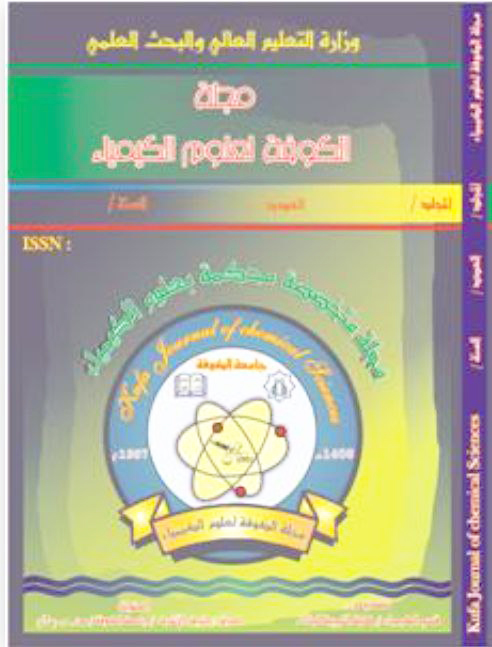Abstract
The purpose of this paper is to prepare an educational curriculum according to the
imagination and the strategy of random stimulation, the movement of the arms with breathing
in the free swimming for young people, in addition to identifying the effect of the educational
curriculum according to the imagination and the strategy of random stimulation in learning the
movement of the arms with breathing in the free swimming for young people as well as
identifying the preference effect between the educational curriculum according to imagination
and the strategy of random arousal and the curriculum prepared by the teachers of the subject
in learning the movement of the arms with breathing in the free swimming for young people.
The researchers used the experimental approach to solve the research problem. As for the
research community and sample, the research community was identified with young people, the
first stage of the College of Physical Education and Sports Sciences / University of Sulaimani,
whose number is (154) players. The sample was selected by a simple random method (lottery)
from the research community with a strength of (16) players, "where it represented (5.19%) of
the research community, and they were divided into two groups (control, experimental) equally
in the random way. The most important conclusions: The imagination curriculum based on
random excitation had a positive effect on learning and developing the free-swimming skill.
The most important recommendations: The researchers recommend relying on the use of
random stimulation strategy in teaching various swimming skills.
imagination and the strategy of random stimulation, the movement of the arms with breathing
in the free swimming for young people, in addition to identifying the effect of the educational
curriculum according to the imagination and the strategy of random stimulation in learning the
movement of the arms with breathing in the free swimming for young people as well as
identifying the preference effect between the educational curriculum according to imagination
and the strategy of random arousal and the curriculum prepared by the teachers of the subject
in learning the movement of the arms with breathing in the free swimming for young people.
The researchers used the experimental approach to solve the research problem. As for the
research community and sample, the research community was identified with young people, the
first stage of the College of Physical Education and Sports Sciences / University of Sulaimani,
whose number is (154) players. The sample was selected by a simple random method (lottery)
from the research community with a strength of (16) players, "where it represented (5.19%) of
the research community, and they were divided into two groups (control, experimental) equally
in the random way. The most important conclusions: The imagination curriculum based on
random excitation had a positive effect on learning and developing the free-swimming skill.
The most important recommendations: The researchers recommend relying on the use of
random stimulation strategy in teaching various swimming skills.
Keywords
educational curriculum
free swimming
random arousal strategy
teaching the skill of arm movement with breathing
